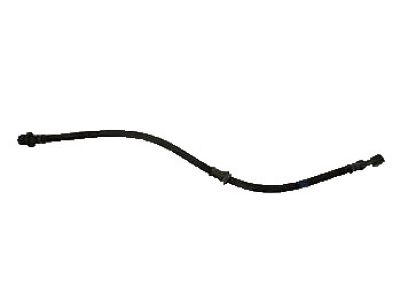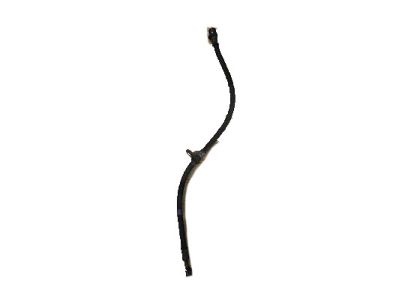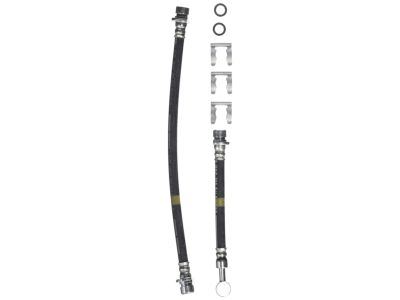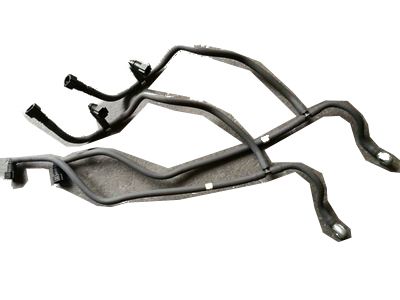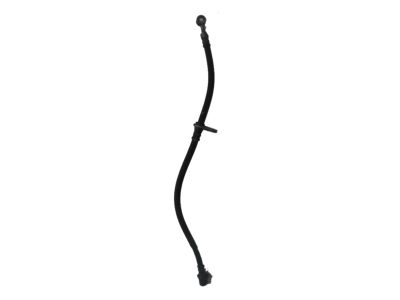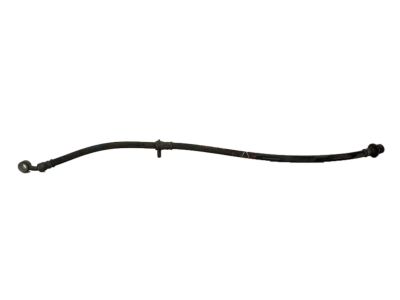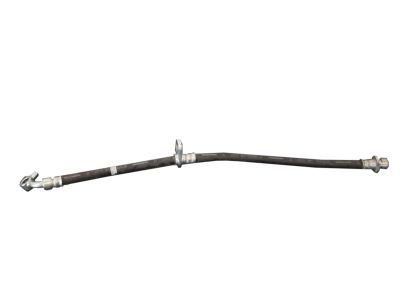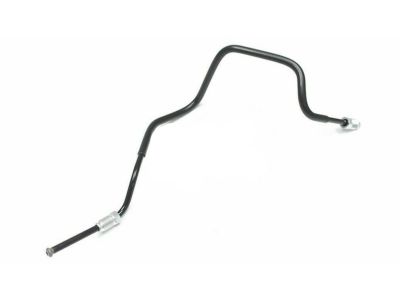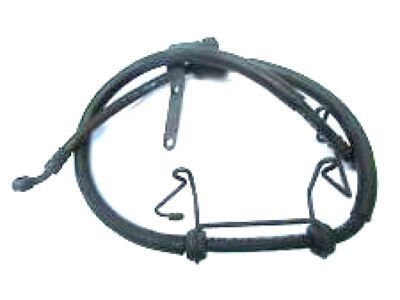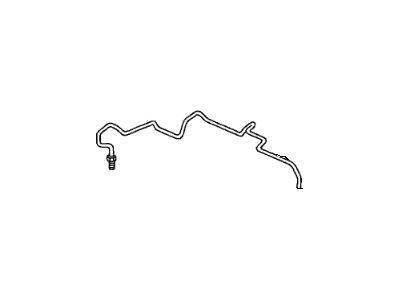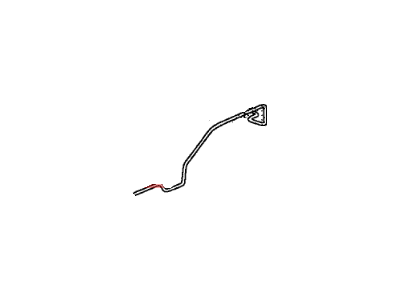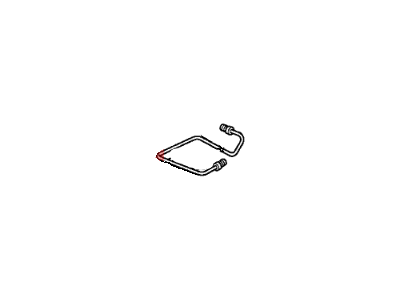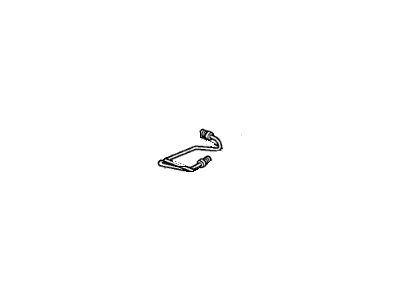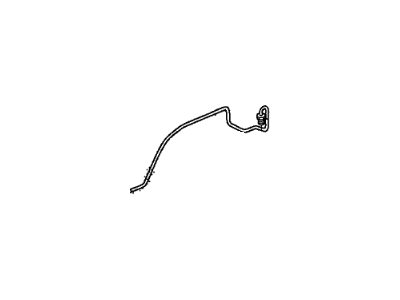×
- Live Chat
- 1-888-984-2011

My Garage
My Account
My Cart
Genuine Honda Ridgeline Brake Line
Brake HoseEnter your vehicle info to find more parts and verify fitment
- Select Vehicle by VIN
- Select Vehicle by Model
Select by VIN
orEnter your VIN for the most accurate results.Enter your VIN for the most accurate results.
Select by Model
-- Select Model --
-- Select Year --
-- Select Body & Trim --
-- Select Emission & Transmission --
22 Brake Lines found
Honda Ridgeline Hose Set, Right Front Brake
Part Number: 01464-TZ5-A01- Other Name: Brake Hose; Flex Hose
- Position: Front Passenger Side
- Replaces: 01464-TZ5-A00
$21.03 MSRP: $29.70You Save: $8.67 (30%)Honda Ridgeline Hose Set, Left Front Brake
Part Number: 01465-TZ5-A01- Other Name: Brake Hose; Flex Hose
- Position: Front Driver Side
- Replaces: 01465-TZ5-A00
$24.01 MSRP: $33.92You Save: $9.91 (30%)Honda Ridgeline Hose Set, Rear Brake
Part Number: 01466-SJC-A00- Other Name: Brake Hose; Flex Hose
- Position: Rear
$44.31 MSRP: $62.58You Save: $18.27 (30%)Honda Ridgeline Hose Set, Front Brake
Part Number: 01464-SJC-A00- Other Name: Brake Hose; Flex Hose
- Position: Front
$41.55 MSRP: $58.69You Save: $17.14 (30%)Honda Ridgeline Hose Set, Left Rear Brake
Part Number: 01468-TZ5-A01- Other Name: Brake Hose; Flex Hose
- Position: Rear Driver Side
- Replaces: 01468-TZ5-A00
$30.50 MSRP: $43.08You Save: $12.58 (30%)Honda Ridgeline Hose Set, Right Rear Brake
Part Number: 01466-TZ5-A01- Other Name: Brake Hose; Flex Hose
- Position: Rear Passenger Side
- Replaces: 01466-TZ5-A00
$30.50 MSRP: $43.08You Save: $12.58 (30%)Honda Ridgeline Pipe E Comp,Brake
Part Number: 46331-SJC-A03- Other Name: Brake Line
- Replaces: 46331-SJC-A01, 46331-SJC-A02
$7.61 MSRP: $10.74You Save: $3.13 (30%)Honda Ridgeline Pipe E Comp,L
Part Number: 46361-SJC-A03- Other Name: Brake Line
- Replaces: 46361-SJC-A01, 46361-SJC-A02
$27.38 MSRP: $38.67You Save: $11.29 (30%)Honda Ridgeline Pipe W Comp,Brake
Part Number: 46376-SJC-A03- Replaces: 46376-SJC-A02
$92.36 MSRP: $130.44You Save: $38.08 (30%)Honda Ridgeline Pipe C, Brake
Part Number: 46330-SJP-A01- Replaces: 46330-SJC-A02
$36.10 MSRP: $50.98You Save: $14.88 (30%)Honda Ridgeline Pipe X Comp,Brake
Part Number: 46377-SJC-A03- Replaces: 46377-SJC-A02
$47.11 MSRP: $66.54You Save: $19.43 (30%)Honda Ridgeline Pipe D, Brake
Part Number: 46340-SJP-A01- Replaces: 46340-SJC-A02
$100.32 MSRP: $141.70You Save: $41.38 (30%)
| Page 1 of 2 |Next >
1-20 of 22 Results
Honda Ridgeline Brake Line Parts Questions & Answers
- Q: How to inspect and replace flexible brake hoses and Brake Line in a Honda Ridgeline?A: About every six months, the vehicle should be raised and placed securely on jackstands to inspect the flexible hoses which connect the steel brake lines with the front and rear brake assemblies. These hoses should be checked for cracks, chafing of the outer cover, leaks, blisters and other damage. A light and mirror will be needed for a thorough check. If a hose exhibits any of the above defects, replace it with a new one. To replace a hose, first clean all dirt away from the ends of the hose. Then, disconnect the brake hose from the brake line by unscrewing the brake line threaded fitting with a flare-nut wrench to protect the fitting corners from being rounded off, then pull off the U-clip. Disconnect the hose from the caliper, discarding the sealing washers on either side of the fitting. Using new sealing washers, attach the new brake hose to the caliper. To reattach a brake hose to the metal line, insert the end of the hose through the frame bracket, make sure the hose isn't twisted, then attach the metal line by tightening the tube nut fitting securely. Install the U-clip at the frame bracket. Carefully check to make sure the suspension or steering components don't make contact with the hose. Have an assistant push down on the vehicle and also turn the steering wheel lock-to-lock during inspection. Bleed the brake system. When replacing brake lines, be sure to use the correct parts. Don't use copper tubing for any brake system components. Purchase steel brake lines from a dealer parts department or auto parts store. Prefabricated brake line, with the tube ends already flared and fittings installed, is available at auto parts stores and dealer parts departments. These lines can be bent to the proper shapes using a tubing bender. When installing the new line, make sure it's well supported in the brackets and has plenty of clearance between moving or hot components. After installation check the master cylinder fluid level and add fluid as necessary. Bleed the brake system and test the brakes carefully before placing the vehicle into normal operation.
